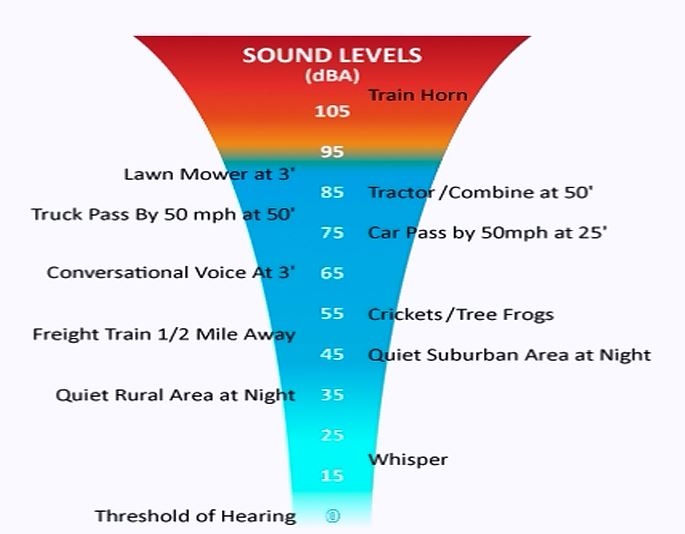

Rest for 24 to 48 hours or until the ringing stops, and reduce your listening levels and time. If the ears are ringing after listening to music, your levels are too high, and/or the duration was too long. If minimal loss is found, then we have accurate info to change listening habits or environment. One of the best ways to protect your hearing is by ear maintenance, have them cleaned by a physician periodically and have them tested. It is so gradual we don't notice until it has become moderate to serious. Losses can occur at specific frequencies below our upper limit, affecting timbre and articulation of speech and music.Īuto Body shops are ear killers, well drilling, jack hammers, etc.

Hearing to 20 kHz does not always indicate perfect hearing. This causes reduced sensitivity at the offending frequency bandwidth, ie: firecrackers near one ear can damage hearing at about 4kHz to 6kHz bandwidth, but not affect higher and lower frequencies. Cheap headphones with sharp resonant peaks can damage the ears at the offending bandwidth. Headphones are deceptive of high levels, since we do not physically feel bass. Heavy Metal is the equivalent (nearly) as industrial noise, since it is compressed, (continuous) and more extreme in the treble spectrum. Loud music can be tolerated for longer periods without hearing damage vs continuous noise in an industrial setting.Īlthough music is "safer" at loud levels vs noise, we should still be very protective of our hearing when listening to loud music. Therefore music playing at 100 dB is not as dangerous to your hearing as a grinder at 100 dB. The noise of a grinder in an industrial setting would be about 100 dB to 110 dB, A weighted. The measurement of music with normal dynamics at 100 dB, C weighted (full range including bass) is not the same as 100 dB A weighted. The safe loudness measurements published by OSHA, are "A weighted", and continuous noise, which concentrates in the treble area which simulates the sensitivity of human hearing. Sound level measurement of music is "C weighted". At 90 dB, a person must shout over the music to be heard.

The onset of room filling sound, and feeling bass notes begins at about 80 dB. Just for reference, 80 db is a bit louder than normal conversation, music at 80 dB will mask conversation, but still no need to shout over the music.


 0 kommentar(er)
0 kommentar(er)
